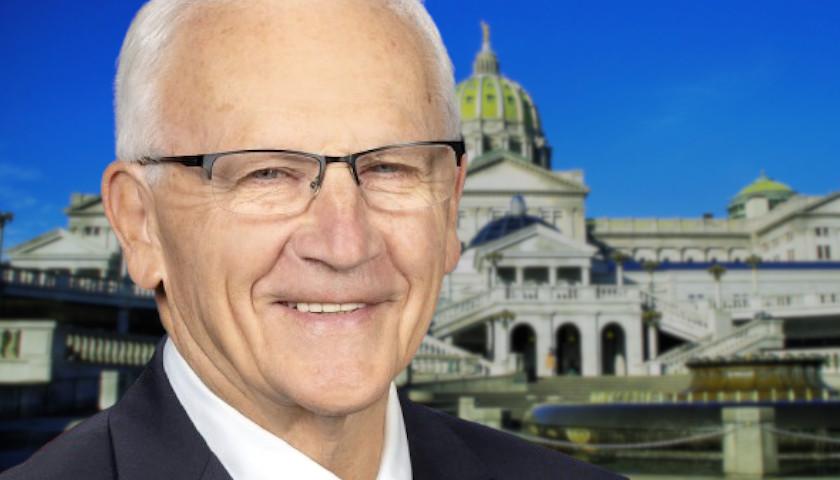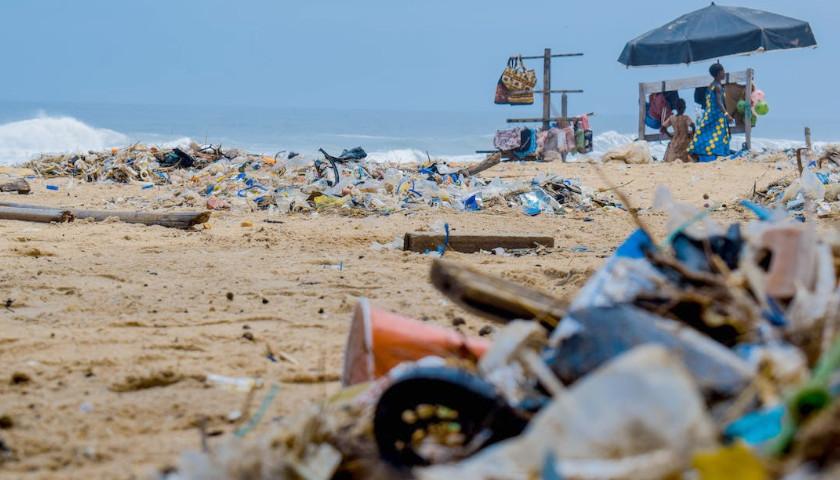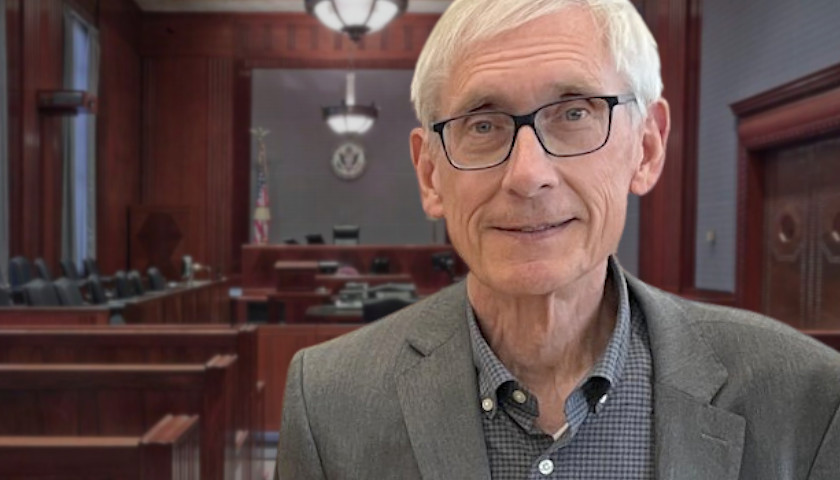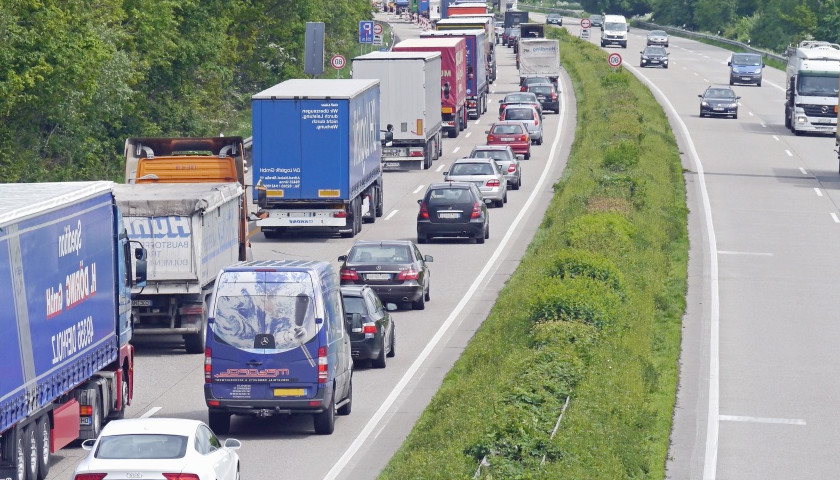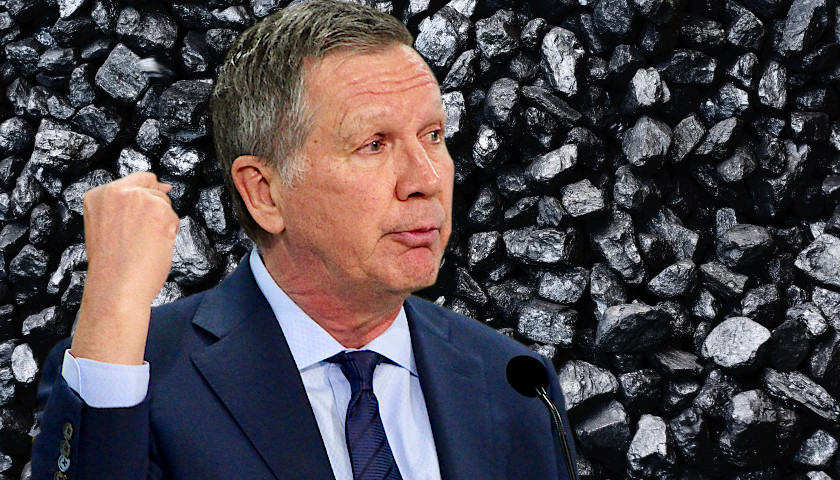The Biden administration unveiled its final tailpipe emissions standards for vehicles Wednesday, effectively requiring about 67 percent of all light-duty vehicles sold after model year 2032 to be electric vehicles (EVs) or hybrids.
The Environmental Protection Agency’s (EPA) finalized standards rolled back some of the de facto EV production benchmarks for manufacturers proposed initially, but still require automakers to reach the final standards set forth in the agency’s April 2023 proposal. The agency finalized the standards as the American EV market is struggling: demand has not grown as quickly as expected, manufacturers are losing billions on their EV product lines, executives have backed away from near-term production targets and Biden administration subsidy programs to facilitate the creation of a nationwide EV charging network have so far failed to make much of an impact.
Read the full story

